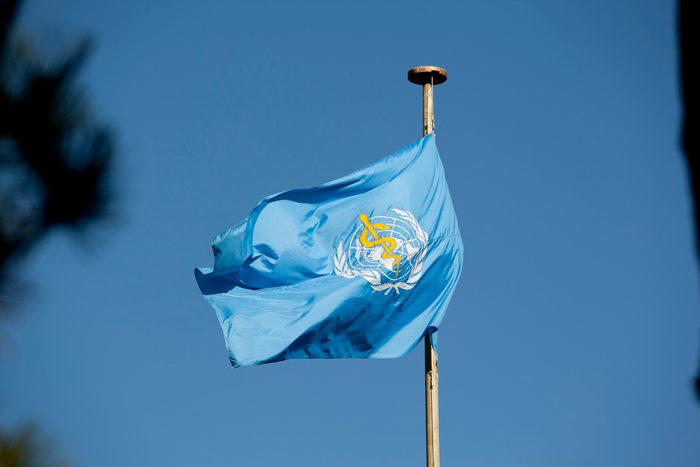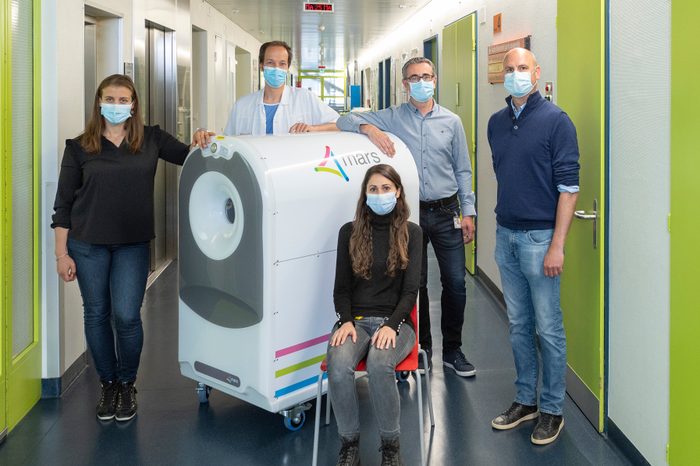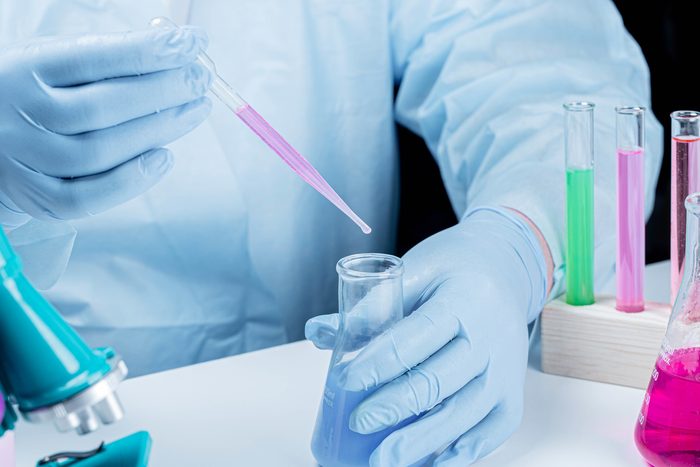Hello, this is Achintya, back with you again. We start with calls from the WHO to establish the ground rules for the ethics and governance of AI in health.
We also turn our attention to the International Telecommunication Union’s latest Global Cybersecurity Index, as they report that 60 per cent of its least developed member states have no cybersecurity strategy.
Finally, something novel that provides doctors and patients with a new perspective: a 3D colour X-ray scanner using CERN technology is finally ready for trials for medical certification at CHUV Lausanne. |
|
Science & Technology News
|
|

The World Health Organization’s flag outside its Geneva headquarters (Credit: Eric Bridiers/US Mission Geneva)
|
|
🤖⚕️ WHO: AI-driven health revolution must leave no-one behind.
While artificial intelligence holds “enormous potential” for improving health, algorithm bias, the unethical use of data by both companies and governments, and cybersecurity breaches are all risks that still need to be overcome, according to a new report by the World Health Organization. The report is guided by six ethical principles and provides 47 recommendations for developers of AI, governments, healthcare workers and the private sector.
Geneva Solutions (EN)
|
|
Here's what else is happening
|

Credit: CHUV/Gilles Weber
|
|
New 3D colour X-ray scanner at CHUV Lausanne.
CERN and the New Zealand company MARS Bioimaging have teamed up since 2008 to develop a 3D colour X-ray scanner. The device has finally arrived in Europe from New Zealand and will now start trials at CHUV Lausanne to get certified for medical use.
CERN (EN)
|
|

Image credit: fdecomite on Flickr
|
|
Or a little over 5.5 terabytes (TB) for every human on the planet.
This represents the global amount of data currently present in digital form, according to the ITU’s fourth Global Cybersecurity Index published yesterday. The flagship report, which measures the cybersecurity commitments of its 193 member states, shows that while 167 countries had some form of cybersecurity legislation in 2020, 60 per cent of the least developed countries had no strategy.
ITU (EN)
|
|
|
Anticipatory reads by GESDA
|
|

Credit: Marco Verch on Flickr
|
|
If you say ‘science is right,’ you’re wrong!
This title of the excellent article that you can read below, sums up quite well a long discussion I just had at lunch yesterday, with a good friend, an academic, who was critical of the Swiss Task Force and mainly of its communication exercise. As the author of the piece, Naomi Oreskes, professor of the history of sciences at Harvard University, writes, “[T]he COVID crisis has led many scientists to take up arms (or at least keyboards) to defend their enterprise – and to be sure, science needs defenders these days. But in their zeal to fight back against vaccine rejection and other forms of science denial, some scientists say things that just aren't true – and you can't build trust if the things you are saying are not trustworthy. One popular move is to insist that science is right – full stop – and that once we discover the truth about the world, we are done. Anyone who denies such truths (they suggest) is stupid, ignorant or fatuous.”
Using solely what is sometimes called the ‘authority argument’ is usually a poor idea. Especially in science. Not only because science should always remain a process of questioning, of learning and discovering. But also because it simply does not need this argument to show its deep value, if one takes science for what it really is: “Scientific theories are not perfect replicas of reality,” writes Naomi Oreskes, “but we have good reason to believe that they capture significant elements of it.”
– Olivier Dessibourg
|

This selection is proposed by the Geneva Science and Diplomacy Anticipator
GESDA, working on
anticipating cutting-edge science and technological advances to develop innovative and inclusive
solutions for the
benefit of the planet and its inhabitants.
|
|
GS news is a new media project covering the world of international cooperation and development. Don’t hesitate to forward our newsletter!
Have a good day!
|

|
|
Avenue du Bouchet 2
1209 Genève
Suisse
|
|
|
| |












